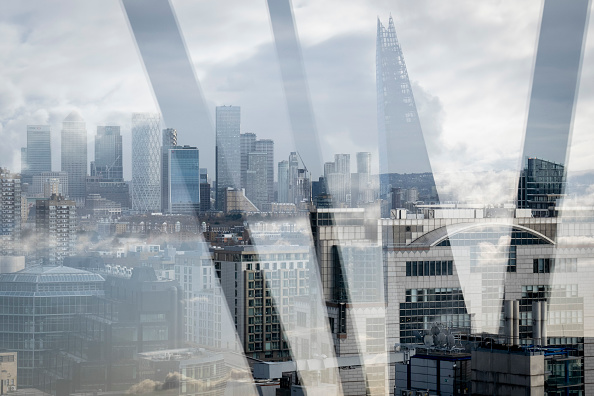We need green jobs to build bridges between net zero and the cost of living crisis

London urgently needs a larger specialist workforce to decarbonise its commercial buildings and meet net zero targets. And there is growing evidence that employees in the capital’s built environment industry itself believe that the sector’s workforce lacks the skills required to achieve the UK’s ambitious climate goals.
With concern over a widening “green skills gap”, the scale of the task at hand is becoming clearer by the day.
The challenge of upskilling the industry was hotly discussed by investors and developers alike at this year’s MIPIM property conference in Cannes.
The Square Mile is home to 550,000 workers and is already leading the world when it comes to the commercial built environment.
You only have to look to the growing Eastern City Cluster to see that demand for office space has not been slowed by the pandemic. Last year, plans were approved for more than four million square feet of new office space in the Square Mile – a staggering 70 per cent increase on the previous year.
And while these schemes already have strong sustainability credentials – such as urban greening, reusing building materials and promoting cycling and walking – we know there is much to do on decarbonising these buildings.
To do this, we need a workforce which can help build, retrofit, and maintain office blocks, where the most significant carbon savings can be achieved.
Alongside the City Property Association and 15 other industry chiefs, we have a new Skills for a Sustainable Skyline taskforce to attract the talent we need for the task.
There are many people understandably concerned about the financial cost of net zero. But creating more jobs that push us towards this goal will ensure everyone is brought along with a changing economy.
Upskilling in the high-growth commercial built environment sector will create jobs and, in turn, generate wealth. This has the potential to really help families address rising costs of living.
Occupiers are increasingly demanding space which is sustainable and people ultimately want to work for those firms which take their climate action responsibilities seriously.
Not only are green offices more easily let, but they are reportedly attracting a premium income with some estimates placing the increased value at up to 10 per cent.
The need to transform the sustainability of our skylines is not just a task for London, it is truly a global concern.
In any given year, the construction, operation and decommissioning of buildings will be responsible for roughly 40 per cent of total global greenhouse gas emissions.
The 2021 RICS Sustainability Report revealed a worldwide increase in occupier demand for “green” commercial buildings.
It found the spike in demand was most stark in Europe, with the Middle East and Africa, Asia Pacific, and the Americas following behind.
There is now a real opportunity to gather the industry together and tackle this issue head on.
If we’re going to meet our environmental targets, decarbonising commercial buildings is absolutely crucial.
London must be the pace setter in this global race by plugging its green skills gap quickly.
